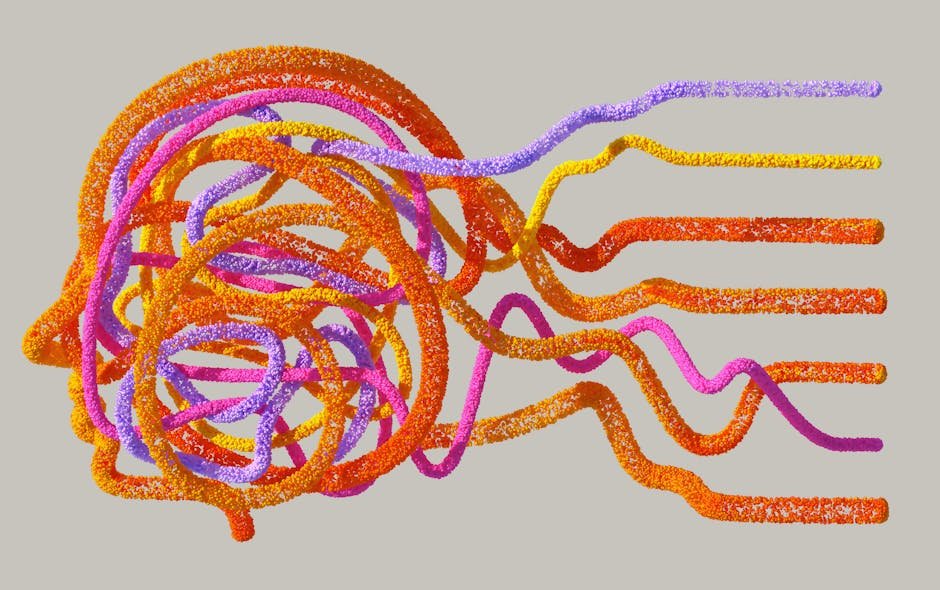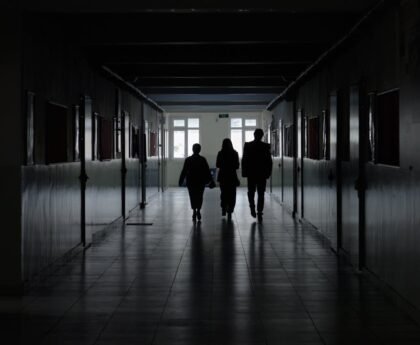Why That “I’ve Been Here Before” Feeling Might Not Be So Mysterious After All
What Is Déjà Vu?
Déjà vu is the feeling that you’ve already experienced something—even though you know it’s happening for the first time. Heucherella, Sweet Tea The term means “already seen” in French. It’s quick. It’s strange. And it often feels like a glitch in reality.
You might walk into a room you’ve never visited before and suddenly feel like you’ve been there. Your heart might skip. Your brain might pause. But the moment passes in seconds.
So what’s really happening?
Déjà Vu Is Common
First, you’re not alone. Around 60–80% of people report having déjà vu at some point in their lives. It’s especially common in young adults and tends to happen less often as we get older.
It usually shows up during moments of calm or stress-free awareness, not when you’re distracted or rushing. That’s important, Heucherella, Tapestry because it gives researchers clues.
The Brain at Work
Scientists believe that déjà vu is mostly a memory-based experience. In other words, it’s related to how the brain stores and recalls memories.
Let’s look at the key players:
- Temporal lobe: This part of your brain helps you recognize past events and store long-term memories.
- Hippocampus: Important for forming new memories.
- Parahippocampal gyrus: Plays a role in recognizing places and scenes.
When déjà vu strikes, these areas may misfire or get a little “out of sync.”
The Leading Theory: Memory Mismatch
The most popular explanation is called the memory mismatch theory.
Here’s how it works:
- Your brain gets new information—like entering a room or hearing a sentence.
- But that information somehow feels familiar even though it shouldn’t.
- The brain tries to make sense of it and mislabels it as a memory from the past.
It’s as if the brain flags a false positive—like a smoke detector going off without a fire.
One idea is Impatiens, Sunpatien Compact White that the new experience shares features with a real memory. For example, a certain couch, color, or scent may remind you of another place or moment, even if you don’t remember that memory clearly.
Dual Processing Glitch
Another theory is the dual processing theory. It says your brain handles experiences in two ways:
- Fast and automatic
- Slow and deliberate
If there’s a tiny delay between these two systems, your brain might register the experience twice—once as “new” and once as “familiar.”
This could make you feel like it’s happening again, even though it’s actually happening just once.
Hologram Theory
There’s also a more creative idea called the hologram theory.
It says that even a small piece of a memory can recreate the feeling of the whole memory—like how a small part of a hologram can still show the entire image.
If you see something that reminds you of a past event—even slightly—your brain may pull up the “feeling” of that memory without giving you the full picture.
That vague, ghost-like memory might Optunia fragilis, Potato Cactus feel like déjà vu.
Déjà Vu and the Brain’s Safety Net
Interestingly, déjà vu may be a sign that your brain is working well, not malfunctioning.
Some researchers believe it’s a type of reality check. When your brain spots a conflict between “this feels familiar” and “this is new,” it flags the moment.
That’s good! It shows your brain can detect errors and separate imagination from reality. In other words, your brain is paying close attention.
Déjà Vu and Epilepsy
Scientists have learned a lot about déjà vu from people with temporal lobe epilepsy.
These individuals sometimes experience déjà vu just before a seizure. It’s like a warning signal.
In their case, déjà vu happens because of unusual electrical activity in the brain. This gave scientists the idea that brief electrical misfires might also cause déjà vu in people without epilepsy—but in a less intense and non-dangerous way.
Can You Trigger Déjà Vu?
There’s no sure way to make it happen on purpose. But some things may increase the chances:
- Fatigue
- Mild stress
- Unusual settings
- Certain medications or drugs
Some people also report more déjà vu when they’re traveling, which makes sense—new places can resemble old ones in strange ways.
Isn’t It Just a Dream?
Some think déjà vu comes from dreams we don’t remember.
Imagine dreaming about walking Pachystachys lutea, Golden Shrimp Plant through a hallway you’ve never seen. Weeks later, you walk through a real hallway that looks a lot like the dream. Boom—déjà vu.
This dream theory isn’t easy to test, but it adds an interesting layer. It suggests our brains might pull from more than just waking memories.
So, Is Déjà Vu a Glitch or a Gift?
That depends on how you see it.
From one angle, déjà vu feels like a brain hiccup—a mismatch between what you see and what you remember.
But from another angle, it might be a reminder of how powerful and flexible our brains are. They constantly scan, compare, recall, and check.
Even when they get it wrong, they’re still working hard. On the Brink? How U.S.-Russia Relations Are Approaching Dangerous Ground.
Why It Matters
Studying déjà vu helps scientists learn more about:
- How memory works
- How the brain checks for errors
- How we process the present in real time
And maybe—just maybe—it brings us a little closer to understanding how our minds build reality.
What Should You Do When It Happens?
Nothing, really. It’s completely normal.
But if you have déjà vu very often, especially with confusion or blackouts, you should talk to a doctor. That could signal something more serious.
For most people, though, it’s just a passing mystery.
In Other Words…
Déjà vu shows how deeply our past and present are connected. It reminds us that our brains are doing complicated things behind the scenes.
It might feel like time bending or a memory returning from nowhere. But most of all, it’s a sign of just how amazing and mysterious the human brain really is.




